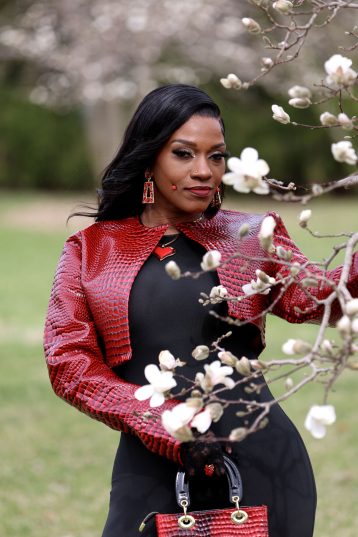Parents today might be a bit conflicted when it comes to the best ways to discipline their children.
On one hand, they are urged to be aware of the whole child and to use positive discipline techniques when it comes to molding young minds. On the other hand, however, parents often are criticized for being pushovers who are constantly at the mercy of their child’s emotional whims.
No matter how committed we are to disciplining our children with patience and love, in times of high stress and conflict, it is tempting to give in to the urge to yell, shame and punish in order to get things under control.
This is especially true when others are watching. We feel pressure to let outsiders know that, when it comes to parenting, we are in the driver’s seat.
What, we often find ourselves asking, is the right thing to do?
The answer, according to child psychologist Daniel Siegel and psychotherapist Tina Bryson, might lie in the word “discipline.”
It comes from the Latin word “disciplina,” which means instruction and training. Discipline means to teach — not, as it is so commonly thought, to punish.
When a child acts out, said Siegel and Bryson, they are letting you know that they are lacking the social and/or emotional regulation skills necessary to navigate life in that moment. They need you to model for the social and emotional tools they do not yet possess.
In Siegel and Bryson’s research, they explained that the human brain is divided into two halves — the upper half and the lower half. The lower half houses the controls for fundamental aspects of survival, that include instinctual reactions and strong base emotions. The upper half of the brain houses the complex skills of foresight, perspective-taking and problem-solving.
At birth, a person’s lower brain is very well developed. The upper half is not. This area of the brain is developed during childhood and throughout adolescence.
As parents, then, we are responsible for guiding and shaping the development of the upper part of the brain. Our children literally cannot understand or handle certain emotional situations until that part of their brain has received and internalized instruction on how to do so. They need us to model and teach them these skills.
As Siegel and Bryson explained, “You are your child’s external upstairs brain until his is well developed.”
When you think of it this way, the answer of what to do when your child is spewing hostile words or melting into a puddle of hysterics in the middle of the grocery store might seem more obvious. What do you want your child to learn from your actions in that moment?
The time will come to reflect with your child on what transpired so you can discuss more appropriate behavior choices for the future and to impose consequences if necessary. That time, however, is not in the heat of a tantrum or other emotional outburst. In fact, when emotions are high, learning cannot take place and your words will just go unheeded.
Ghandi’s words, “An eye for an eye will make the whole world blind” apply whole-heartedly to parenting. Your child is looking to you to learn coping mechanisms and ways to process strong emotions. If you respond to their chaos with chaos, you are not helping your children to develop the more complex emotional capabilities of their upper brains.
When you respond with patience and empathy and follow through with a meaningful reflection on triggers, logical consequences and alternative choices, you are providing discipline and adding a building block to that complex developing upper brain.
Hyde has a masters in education from Pepperdine University in Los Angeles and more than 10 years experience teaching elementary education. She works for Challenge to Change in Dubuque, teaching children social emotional regulation skills through the practices of yoga and mindfulness.
















